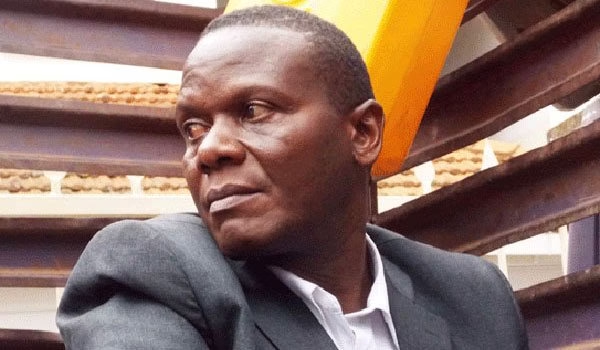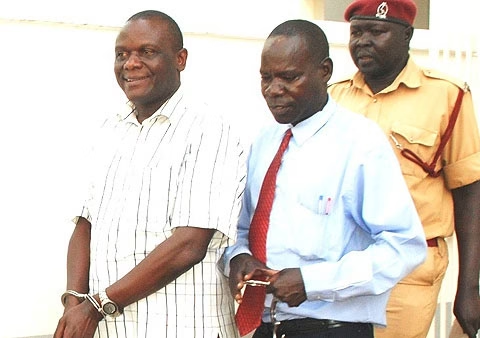Kato Kajubi was accused of murdering 12-year-old Kasirye Joseph in a ritual killing in 2008. According to court records, Kajubi allegedly hired witchdoctors to help him commit the crime, promising them a payment of 15 million shillings. The witchdoctor involved in the case testified against Kajubi during his trial in 2009. Kajubi’s case was later taken to the East African court, where the details of the ritual murder were revealed.
Kato Kajubi was accused of involvement in ritual sacrifice and murder, specifically in the case of 12-year-old Kasirye Joseph in 2008. The details of the rituals and the subsequent murder are as follows:
- Kajubi allegedly hired witchdoctors to perform rituals aimed at boosting his music career and gaining wealth.
- The witchdoctors demanded a human sacrifice, which led to the murder of Kasirye Joseph.
- Kajubi was accused of providing the witchdoctors with the victim’s body parts, which were used in the rituals.
- The rituals were said to have taken place in a shrine in Kampala, Uganda.
Kajubi’s case drew widespread attention and condemnation in Uganda, highlighting concerns about ritual sacrifice and the involvement of prominent individuals in such practices.
Ritual child sacrifice is a disturbing reality in Uganda, with children being abducted and murdered in brutal rituals. These sacrifices are often performed by witch doctors who believe that the blood of innocent children can bring wealth, power, and good fortune.

Causes of Child Sacrifice
- Poverty and desperation: Some parents, driven by poverty and desperation, give their children to witch doctors in exchange for money or promises of wealth.
- Belief in superstition: The belief that child sacrifice can bring prosperity and good fortune is deeply rooted in some communities.
- Lack of protection and justice: Corruption and inadequate law enforcement allow perpetrators to go unpunished, perpetuating the cycle of violence.
Consequences and Efforts to Combat Child Sacrifice
- Trauma and suffering: Survivors of child sacrifice often suffer from physical and emotional trauma, while families are left to pick up the pieces.
- Community-led initiatives: Local communities, with the help of organizations like World Vision, are working to prevent child sacrifice through education, awareness, and support.
- Government efforts: The Ugandan government has established laws and task forces to combat child sacrifice, but more needs to be done to address the root causes and ensure justice for victims.
It’s heartbreaking to think that child sacrifice still occurs in Uganda, but it’s essential to acknowledge the issue and support efforts to prevent it.



